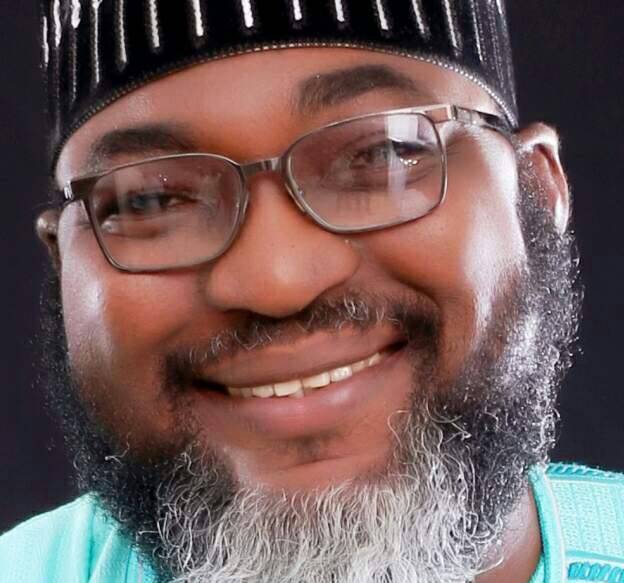You know that African economies face serious challenges when veterinarians organize conferences to discuss the broader question of economic diversification in Africa, rather than focus narrowly on the challenges of managing the health and wellbeing of animals, including those that constitute our meals and assist us or keep us company. I think that, by choosing this theme, you are making the point that the economic development of Africa is too serious a matter to be left in the hands of economists and development experts or political leaders alone. I agree with you.
That your conference theme is not merely some technical veterinary matter also speaks to your sense of professional social responsibility; you obviously care about Africa and your various countries. It is indeed commendable that you are getting involved in these wider socio-economic development issues which provide the context, within which your own professional practices, your own professional contributions take place.
Five decades after most African countries gained political independence their economies remain mostly mono-crop economies, that is they largely depend on the export of single primary commodities such as minerals or agricultural produce. The prices of these commodities are determined internationally by factors over which African countries have little influence. And they often fluctuate rather widely, making the economies very vulnerable to externally induced shocks. There is little industrialization, little manufacturing, and little added value. And reliance on these primary commodity extractions has had deleterious consequences for the politics of African societies. These include the preponderance of rent-seeking, state dominance of economic activities, vicious struggles for state power, and the attendant corruption and trends towards dictatorship. And we continue to have challenges with poor infrastructure and insecurity, both of which discourage investment and tourism; deteriorating educational system, and inadequate support and promotion of research and innovation.
But our potentials are enormous if we truly want to turn our fortunes around. And we must.
The diversification of African economies is obviously critical and is one thing around which we have consensus in Africa and within our various countries. However, what diversification means and how it can be achieved are more contentious.
What diversification means:
I understand the diversification of the economy to mean a genuine change in policy and practice that results in the promotion of diverse economic activities by citizens and corporations in ways that contribute significantly to economic growth, employment, rising incomes and government revenues through taxation and other sources. It usually includes advances in productive methods and management of human and material resources.
I think we need some clarity in our definitions and prescriptions on this important issue. When we say that we need a return to agriculture, for instance, do we mean the ancient agriculture that we have practiced for so long or the modern, science and technology-driven agriculture with its enormous productivity and contributions to improved nutrition? By returning to agriculture, do we mean following cattle and sheep through bushes and raising free range chickens as our people have done for thousands of years or adopting modern scientific means of raising animals for greater productivity and improved nutrition? And when we talk about returning to agriculture, do we mean consolidating farms and improving yields on existing land or continuing with existing tenure systems that have subsisted for generations? And do we also mean making agriculture attractive to educated people or leaving it as the domain of the illiterate or less educated where superstition reigns supreme and where we rely on nature for everything including water, pollination, crop health and yields?
May I suggest that if we diversify economic activities without modernizing them, we won’t go far. If we diversify sources of government revenue but continue to concentrate too much power and resources in central governments in Africa’s diverse societies, we won’t go far in achieving freedom, development and advancing our societies. If we diversify our economies but still let the state dominate economic activities as a major investor and competitor against the private sector, we will be unable to unleash our people’s productive and entrepreneurial energies.
Can we realistically expect a state that confiscates economic resources such as rent to genuinely and enthusiastically promote diverse economic activities? Can we realistically expect such a state to embark on the politically difficult task of levying and collecting taxes from its citizens and allowing itself to be held accountable?
As you deliberate, consider these issues. And consider the role of democratic governance in the quest for the diversification of Africa’s economies? Does it help or hurt for people to have a say in how they are governed including economic governance, policy development, and the accountability of leaders?
As professional bodies AVA and NVMA have critical roles to play in improving African agriculture, especially veterinary health and the quantity and quality of our animal protein intake as well as the prospects of our earning vital foreign exchange from exporting meat and dairy products to the rest of the world.
What should Africa’s position be on genetically modified organisms (GMOs)? To what extent should Africa embrace GMOs as a way to improve our agriculture and nutrition? What are the risks, if any? You can help with evidence-based advice to Africa’s governments rather than one governed by fad, fear or paranoia.
And while you are at it, do not forget to work hard to improve your profession, starting with improvements in veterinary education and training, and professional regulation to ensure high quality and ethical practices.
I sincerely thank the Nigerian Veterinary Medical Association for inviting me to chair this very important Congress at this very challenging time for our country and indeed our continent.
Thank you for your attention, and I wish you very productive deliberations.
. Being the Chairman’s remarks delivered by former Vice President Atiku Abubakar at the African Veterinary Association/Nigerian Veterinary Medical Association Congress at the De Dome Events Centre, Enugu on November 1, 2016.




